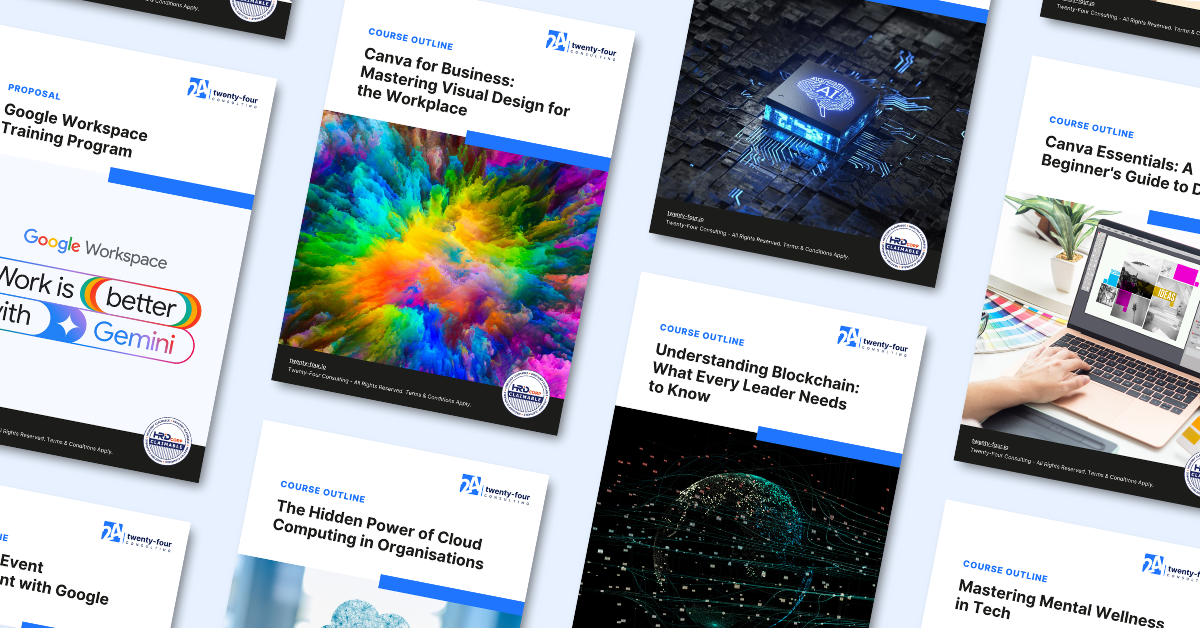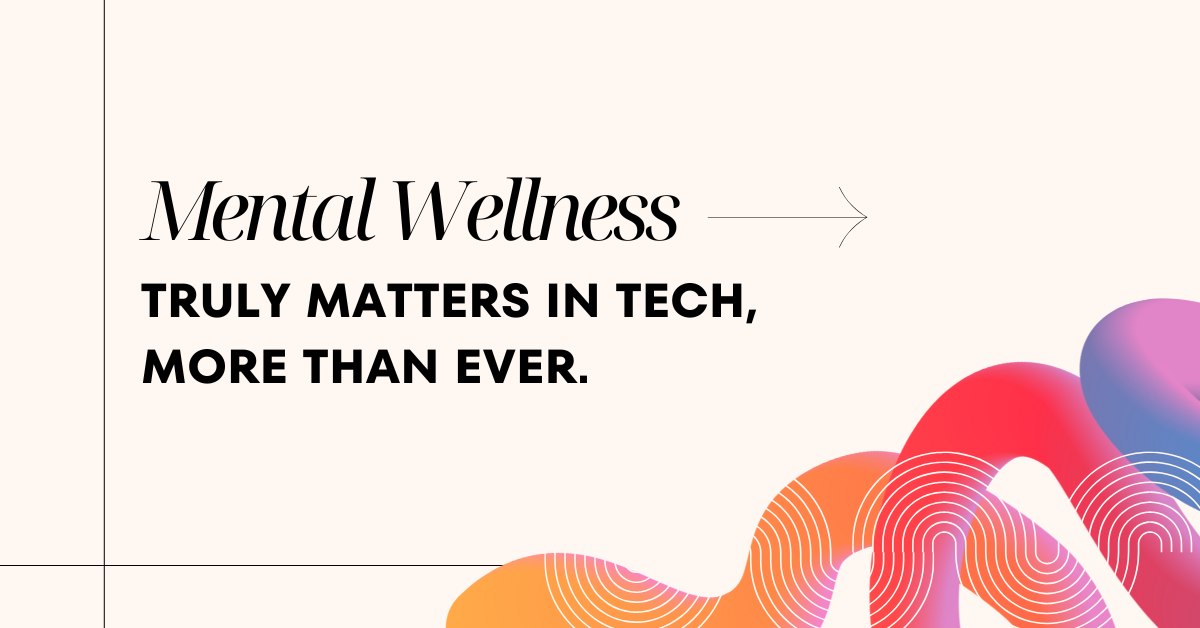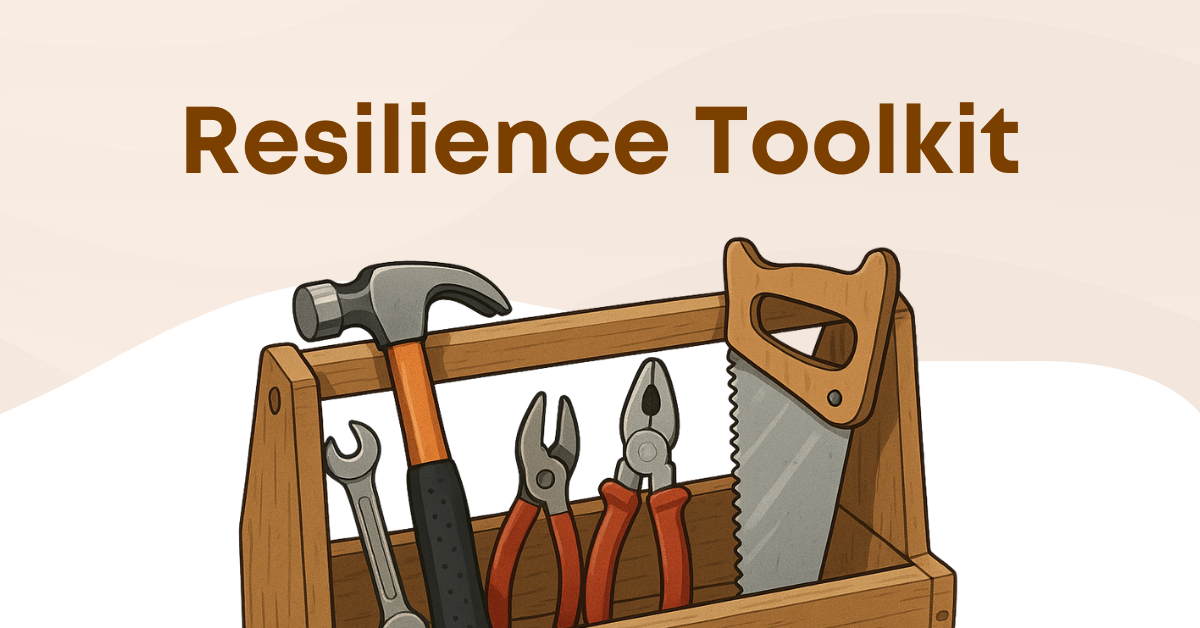The Importance of Psychological Safety in the Workplace
In today’s fast-changing work environment, psychological safety has become a critical factor in fostering innovation, collaboration, and productivity. It refers to the ability of employees to speak up, share ideas, and admit mistakes without fear of embarrassment, judgment, or punishment.
A workplace that nurtures psychological safety encourages open communication, teamwork, and continuous learning. When employees feel safe to express their thoughts, organisations benefit from increased creativity, improved decision-making, and stronger employee engagement.
Challenges to Psychological Safety: Cultural and Structural Barriers
Despite its importance, many workplaces still struggle with psychological safety due to cultural and structural barriers.
Hierarchical work environments often discourage employees from voicing concerns or challenging authority, creating a culture of silence. In many organisations, employees adopt a ‘Yes Boss’ mentality, agreeing with leadership even when they have differing opinions, simply to avoid conflict.
In cultures where saving face is important, employees may hesitate to admit mistakes or ask for help, fearing it will damage their reputation. These unspoken norms suppress honest communication, reduce problem-solving capabilities, and contribute to workplace dissatisfaction.
Challenges to Psychological Safety: Cultural and Structural Barriers
Despite its importance, many workplaces still struggle with psychological safety due to cultural and structural barriers.
Hierarchical work environments often discourage employees from voicing concerns or challenging authority, creating a culture of silence. In many organisations, employees adopt a ‘Yes Boss’ mentality, agreeing with leadership even when they have differing opinions, simply to avoid conflict.
In cultures where saving face is important, employees may hesitate to admit mistakes or ask for help, fearing it will damage their reputation. These unspoken norms suppress honest communication, reduce problem-solving capabilities, and contribute to workplace dissatisfaction.
Building a Culture of Psychological Safety
For organisations to thrive, leaders must take intentional steps to create an environment where employees feel valued and respected.
Encouraging open dialogue is one of the most effective ways to foster psychological safety. Employees should feel empowered to share their thoughts without fear of negative consequences.
Leaders play a crucial role in this process by setting the tone for workplace interactions. When leaders openly acknowledge their own mistakes, welcome feedback, and actively listen to their teams, they create a culture of trust and transparency.
Constructive feedback should also be normalised, allowing employees to grow and improve rather than feeling criticised or undervalued.
How AI Can Enhance Psychological Safety
The integration of artificial intelligence in workplace communication has introduced new opportunities to enhance psychological safety.
AI-powered tools can facilitate anonymous feedback, providing employees with a secure way to share concerns or suggestions.
Sentiment analysis tools help organisations gauge employee well-being by identifying recurring themes in workplace conversations, enabling leaders to address potential issues before they escalate.
AI-powered translation tools also break down language barriers in diverse teams, ensuring clear and inclusive communication across different backgrounds.
Additionally, AI-driven conflict resolution tools assist employees in framing professional and respectful responses, reducing the fear of miscommunication or backlash.
Bridging the Generational Gap at Work
Another challenge to psychological safety is the generational gap in the workplace. With Baby Boomers, Gen X, Millennials, and Gen Z working together, differences in communication styles and workplace expectations can sometimes create misunderstandings.
Older employees may feel hesitant to embrace new technology, while younger employees may struggle to have their ideas taken seriously.
Addressing this issue requires a culture of mutual respect, where different perspectives are valued. Mentorship programs, reverse mentoring, and AI-powered personalised learning tools can help bridge the generational divide, fostering a workplace where all employees feel included and appreciated.
The Role of Leadership in Sustaining Psychological Safety
Leadership plays an essential role in sustaining psychological safety. Employees take cues from how leaders respond to feedback, mistakes, and differing opinions.
Transparent communication from leadership builds trust, ensuring that employees feel heard and respected. Actively listening to employee concerns, acknowledging their contributions, and taking meaningful action on feedback reinforces a culture of openness.
When leaders model psychological safety in their behaviour, they encourage the same from their teams, creating a ripple effect that transforms the workplace into an environment of growth and collaboration.
The Future of Work: Prioritising Psychological Safety
Psychological safety is not just a workplace trend; it is a fundamental driver of long-term organisational success. Companies that prioritise psychological safety experience higher levels of innovation, employee engagement, and retention.
By addressing cultural barriers, leveraging AI-driven tools, and fostering leadership that values openness, organisations can create workplaces where employees feel safe to contribute their best ideas, collaborate effectively, and grow professionally.
The future of work depends on building environments where individuals are empowered, supported, and encouraged to bring their full potential to the table.
By Fahim Zulkafli
Business Operations Manager @ Twenty-Four Consulting
By Fahim Zulkafli
Business Operations Manager @ Twenty-Four Consulting
Related Posts








